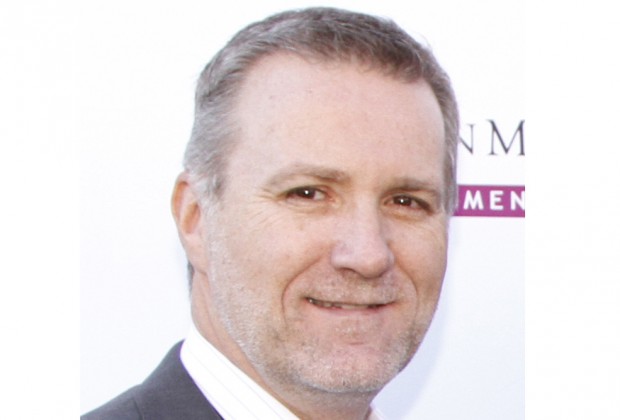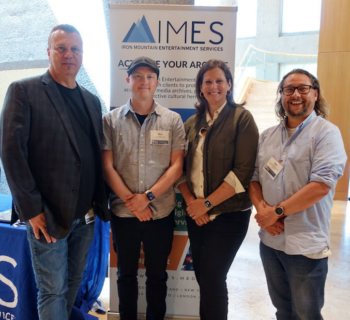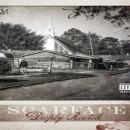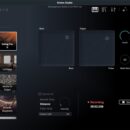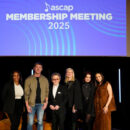People know Iron Mountain for its work storing and shredding documents, but few are aware of its entertainment side. Serving movie and TV studios as well as the recording industry, the company preserves musical works. Additionally, they handle memorabilia—photos to costumes, instruments and more, maintaining iconic estates in media history.
Preserving Pop Culture
I’ve been in the information management preservation business my entire life. I started a company in 1984 named dataLOK, and we had entertainment clients, preserving their content. In 1995, we sold part of that business to Iron Mountain and I worked for them to start up their entertainment business. We protect over 28 million analog assets. Any song you’ve heard or any movie you’ve seen is preserved in one of our vaults.
Digitizing Every Format Ever
We’ve got about nine million audio tapes in our vaults. Some are the size of a Walmart. And these are studio masters, right? These are not CDs. They’re not copies. These are intrinsically valuable assets. It’s the lifeblood of a label. We have old tape, glass masters, wire recordings, going back to the turn of the century. They’re all preserved in large, cold, dry, secure vaults.
As the industry started going digital, we created digital workshops. [We have] people who come out of the engineering business. So as a record label needs to pull out an old tape, rather than put it in a FedEx pack or put it onto an airplane, which can jeopardize that asset, we take it from the vaults and put it into our digital studio environment. We’re able to digitize, separate out the stems of the original 24-track masters and put the original tape back in the vaults. Then, we can take that digital file and send it off to the label to be monetized.
Tape Surgery
Some tapes need to be triaged. There was a phenomenon in the mid-‘80s, called sticky shed syndrome. They were using a gluey material to keep tape together, and it would leak out onto the tape. These tapes have to be baked in some instances, especially tapes manufactured by Ampex in the early ‘80s to mid-‘80s. We put them onto an old Studer machine, separate out the stems and do light remastering or remixing.
Computers Don’t Preserve Anything
A misconception is that once things are produced on the hard drive, you can leave them there and it becomes a preservation vehicle. That’s the worst place to preserve something. A hard drive is a mechanical instrument, driven by ball bearings with grease. Over time, those hard drives seize up and you lose all your data. As old-school as tape sounds, we’ve got tapes dating back 60 - 70 years in pristine condition.
Clients Big and Small
We do a great amount of estate work and we deal with a lot of individual artists, both small and large. Our preservation services are based on the amount of material you have, so if you’re a large label you could spend hundreds of thousands of dollars a year preserving content. But we also have small artists that are spending $100 or $200 a month preserving their work.

